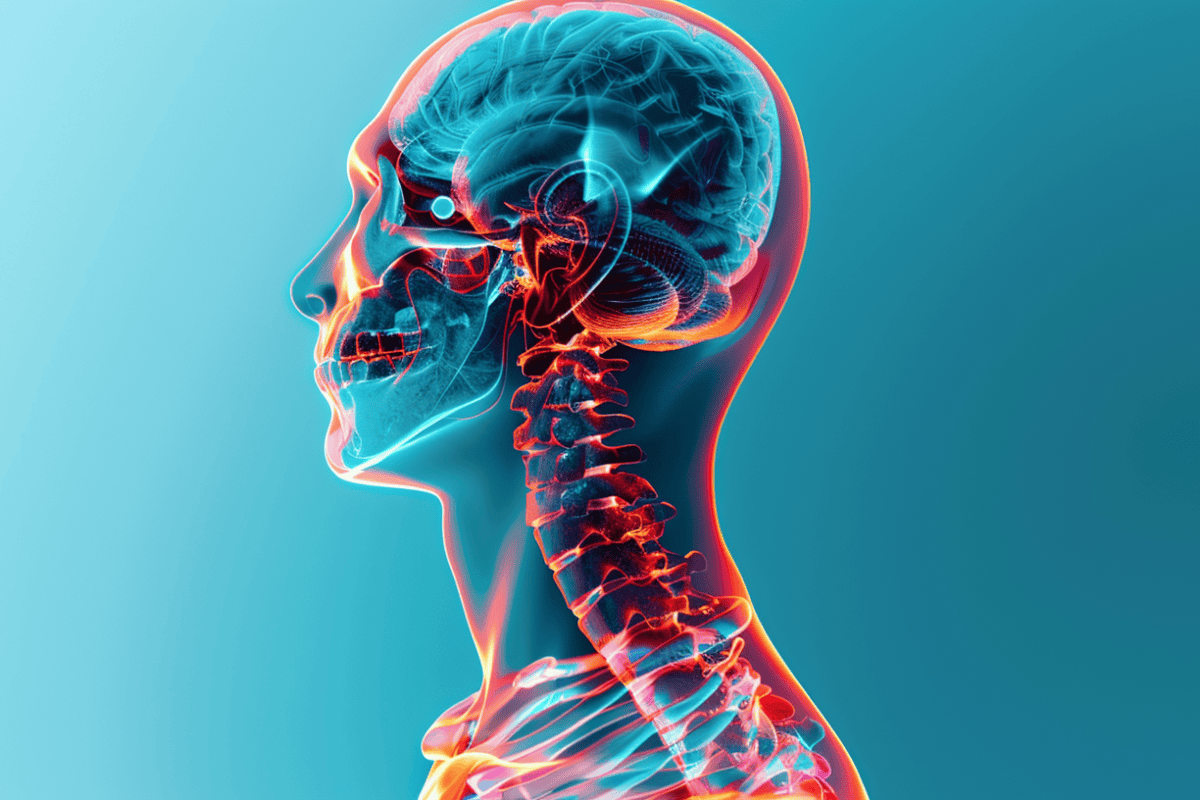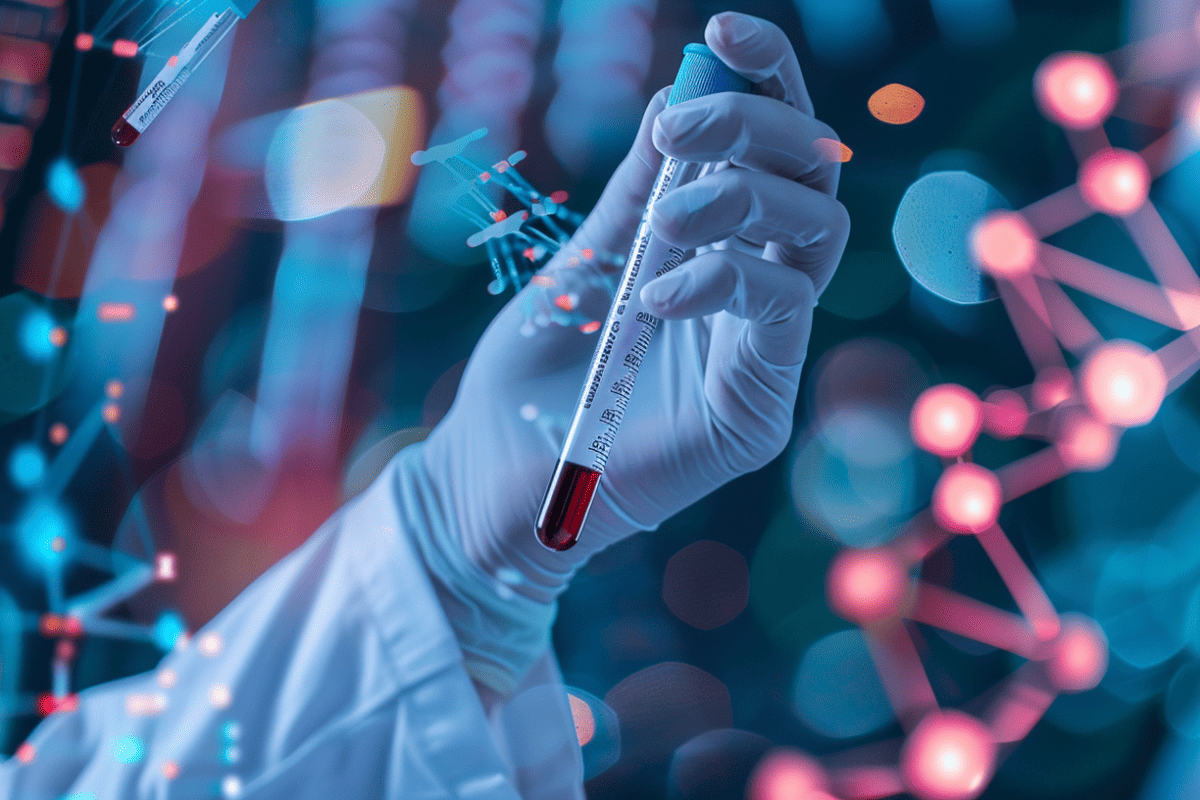Technology in healthcare
In the modern world, technology has proved to play a critical role in every industry and in all aspects of our lives. In the health care industry, technology helps improve and save countless lives due to its efficiency in operations. Medical technology hence sustains health around the globe in the various spheres of the field including biotechnology, development of modern medical devices and the management of health facilities. Complex technologies have since been developed to help increase the level of health care by most governments. The significant impact of technology on modern healthcare is evident from the doctor’s and patient’s perspective. The ability to treat many different forms of diseases has been positive with development of new and easier medical procedures (Mark, 2012).
All together, the use of modern technology should help reduce the high number of deaths and new diseases to the people’s lives. In the modern health care industry, there is a high dependence on medical technology which cannot be overstated due to the many brilliant innovations by the health care practitioners thus improving the overall practice in terms of better diagnosis y doctors, surgical operations as well as overall improved patient care. Moreover, technology in the health care industry is used in many other ways. Electronic health records have been implemented in most facilities across the globe with advanced patient monitoring services advanced surgical robots as well as other modern technology tools. Furthermore, the right medical practices require one to understand the entire devices and the uses of the specific equipment. Adequate testing of the equipment is thus required before full implementation into the health facilities.
However, medical technology is often prone to failure due to several reasons. One of the main reasons is the human aspect in the technology. For any form of technology to be fully operational, the user must be fully aware and well trained in the use of the specific equipment. Having a low understanding or experience of the equipment may often lead to a malfunctioning thus eventual failure. Failure on the human part will definitely lead to failure of the entire medical technology (Moss, 2013). Technology can also fail by giving a wrong diagnosis for an intended purpose. More often, medical technology is developed using technology that involves software and systems which depend on certain elements for proper functioning.
The system may in some cases suffer from internal breakdown thus giving the wrong results in a diagnosis. For example, most medical technology equipment have software that depends on memory, hence the infestation of viruses into the system often leads to a disruption in the proper functioning of the equipment hence the technology is prone to failure of its intended purpose. Many past studies have shown that better surveillance of patient-safety technology is essential in the medical industry.
According to the Veteran Health Administration Center in US, the use of highly complex and confusing electronic equipment often poses many serious challenges in the proper functioning of the health facility thus affecting the effectiveness and the quality of medical services. The body affirms that the more complex a medical system is, the more difficult it becomes for a user to trace back the root causes of the sickness. There should be integration between the type and level of technology used and the users for an objective effect. In some cases, technology equipment used in hospitals has often been recalled due to the inability to function as expected and provide the desired results (Mark, 2012). For example, in 2016, the International Food and Drug Administration reported that many radiology devices including complex linear accelerators as well as CT scanners were recalled. The reasons were both inabilities from the technology side as well as the inability for the user to use the technology. Moreover, software issues in the technology, system compatibility as well as clinical-decision support all account for over half of the radiology device recalls.
The main results of failure of medical technology can be intentional with some being unintentional (Moss, 2013). Failure of technology often results to a wrong diagnosis of the patient which has many adverse effects both to the patient and the doctor himself. For example, a wrong diagnosis due to failure of technology may lead to many deaths of the patient as well as further complications in the death of the patient. From the doctor’s perspective, patients who suffer from a wrong diagnosis often do not visit the facility in future and may sometimes institute legal proceedings against the facility. The effects are that this leads to bad reputation in the society which may lead to eventual closure of the institution.
Failure of medical technology often impacts on the doctor’s job in several ways. For example, deaths or complications arising from failure of technology is viewed by many as failure or ignorance on the part of the doctor. Such failure may lead to a lot of intentional malpractice by a doctor who has adverse effects on the patients and the society at large. Malpractices mainly affect the trust relationship between a doctor and a patient which damages the entire reputation of the doctor. Malpractices caused by failure of technology may lead to loss of value of the profession whereby many young people may not have the desire to engage in the career.
To solve the problems caused by malpractices and failure of technology, the health care facility should make use of the appropriate technology and ensure adequacy of users of the technology. Moreover, continuous training should be adopted by the facilities to ensure users are well informed of the appropriate technology (Mark, 2012). Ethical values should also be embraced to reduce chances of malpractices by the doctors and achieve the desired medical results by the technology.
Zeev Kain
Dr. Kain is a Chancellor’s Professor, a senior healthcare executive, an anaesthesiologist, and paediatrician who has an extensive background in transformational operations management in hospitals and operating rooms. He previously served as the Associate Dean of Clinical Operations and Chair of Anaesthesiology at UC Irvine Health and Professor and Chief of Children’s Anaesthesia at Yale University.


